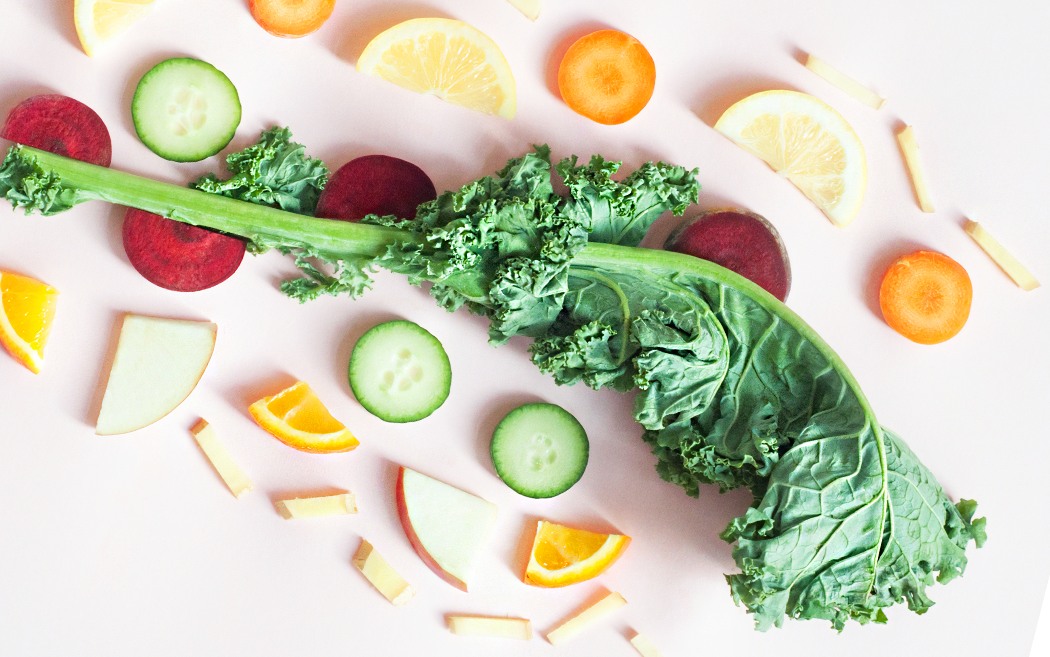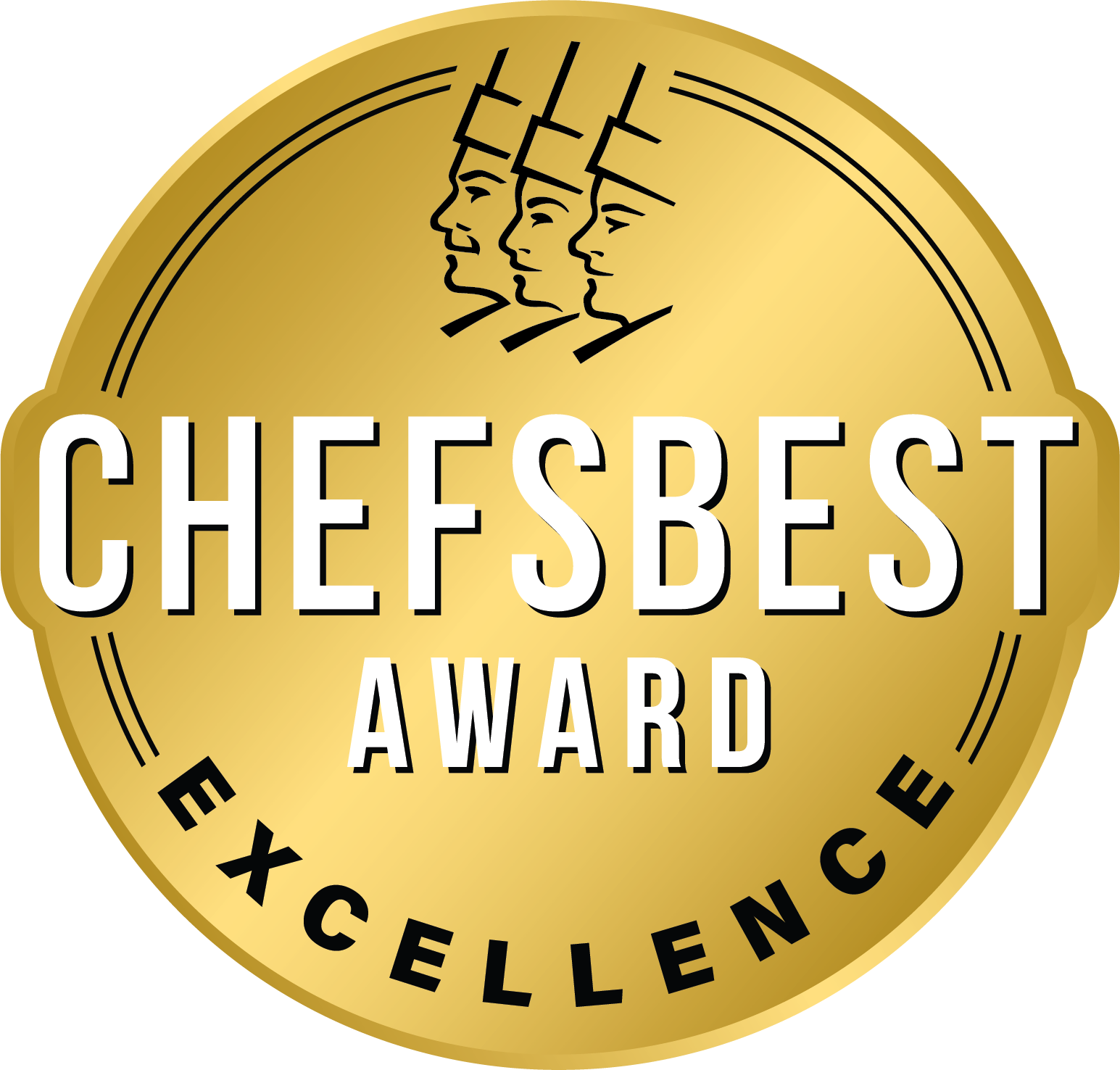The Future of Food is Upcycled

Sustainability is one of the biggest concerns for many modern shoppers. Increasingly, many consumers are opting for brands or products that have recyclable/biodegradable packaging, or brands that are known to support environmental conservation efforts through direct action and/or donations. However, one of the largest sustainability issues within the food & beverage industry is food waste. According to the Upcycled Food Association, we lose around $1 trillion per year on food that is wasted or lost, globally. This can either be due to food that goes bad before it’s able to reach the final consumer or food byproduct from manufacturing that is typically deemed unusable. However, as the old saying goes: one man’s trash is another man’s treasure – well, in this case, that treasure is a brand new product that is created using what we consider food waste.
Upcycled food is one of the most rapidly growing markets within the food & beverage industry. According to Forbes, “Food Network Magazine and Whole Foods listed upcycled foods as a top trend for 2021 and a report produced by Future Market reveals that the upcycled food market is worth $46.7 billion with an expected CAGR of 5% over the next 10 years.” We get it. The idea of eating a product that is made of “waste” seems rather unappealing. However, upcycled food is much different than what you’re probably imagining, and with sustainability being their #1 goal it’s safe to say that this is the future of the industry.
The possibilities are endless
Upcycled food can be made in many different ways. Whether that be using byproducts produced by traditional modes of manufacturing, or utilizing produce that does not make it to grocery stores. According to the Upcycled Foods Association, “Upcycled food is the easy way for anyone to prevent food waste via the products they buy. Upcycled products prevent food waste by creating new, high-quality products out of surplus food. It’s an innovative approach to food waste because it is the first consumer product-based solution, making it highly scalable and economically sustainable”.
Recently on our podcast, Beyond the Shelf, we spoke with Ben Moore of The Ugly Company. They sell dried fruit snacks that are made from fruits that are deemed unmarketable by farmers and thus are not sold in grocery stores. Having grown up in the farming industry, Ben noticed that large amounts of fruits were being tossed every season because of cosmetic imperfections. Grocery stores usually only like to sell products that look good. Despite them still tasting good, fruits that have blemishes or are irregular in size are kept off grocery shelves. Ben saw this as an opportunity to take these discarded fruits and turn them into dried snacks that not only taste good but also helps prevent food from going to waste.
The future of the industry
As we know, the pressure to be more sustainable isn’t just an issue for consumers. In our interview, Ben emphasized that many brands and grocers also have sustainability goals that they are trying to reach. Many large companies have started to transition to more environmentally friendly practices, with some set to be completely carbon-neutral in the next 10-30 years. Sustainability in the food & beverage industry will continue to be a driving force behind shopping behaviors, especially in the coming years as we have more open and honest discussions about the ongoing climate crisis.
To learn more about upcycled food, please listen to our full interview with Ben Moore of The Ugly Company or listen to our previous interview with Daniel Kurzrock of ReGrained.
To stay up-to-date with trends and news in the food & beverage industry please follow us on social media: Facebook, Twitter, Instagram, and LinkedIn – and check some of our previous blogs.
